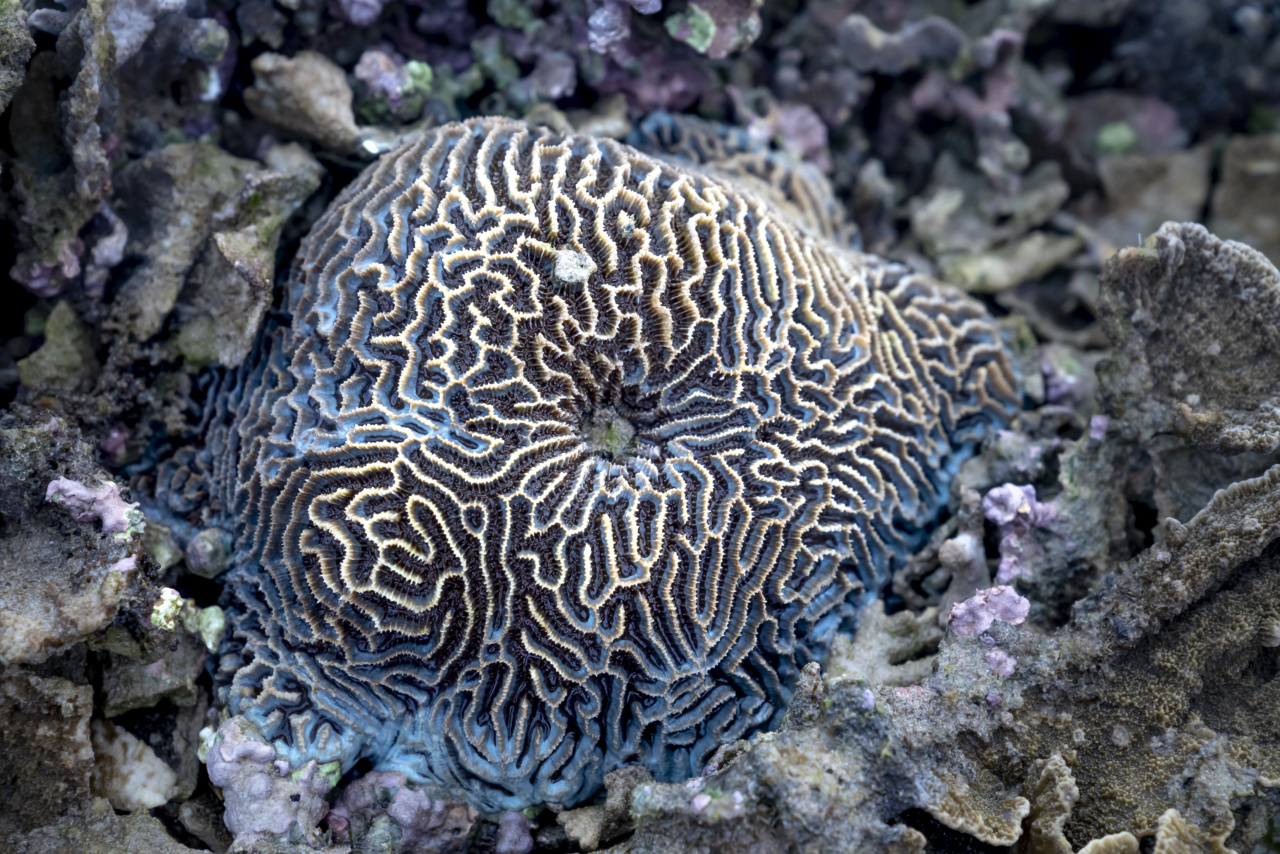Our brain is the most complex and important organ in our body. It controls everything we do, from our thoughts and emotions, to our movements and senses.
The brain is made up of billions of neurons that are constantly communicating with each other through electrical and chemical signals. These complex networks form our brain circuitry, which is responsible for our behaviors and mental processes.
Throughout our life, our brain circuitry is constantly changing and adapting. Our experiences and environment can shape the way our neurons communicate with each other, and can even lead to changes in the structure of our brain.
In this article, we will discuss some of the ways that life can affect our brain circuitry and the implications these changes may have on our well-being.
Childhood Experiences
One of the most critical periods in brain development occurs during childhood. Our brains are rapidly growing and developing during this time, and our experiences can have a profound impact on our brain circuitry later in life.
Studies have shown that children who experience chronic stress, neglect, or abuse may have alterations in their brain circuitry that can lead to long-term consequences.
Children who grow up in environments with high levels of stress may have an overactive stress response system, leading to higher levels of anxiety and a greater risk for developing mental health disorders.
On the other hand, children who grow up in supportive and nurturing environments may have stronger connections in their brain circuitry related to social and emotional processing.
These children may have a better ability to regulate their emotions and interact with others in a healthy way.
Adolescence and Young Adulthood
As we move into adolescence and young adulthood, our brain circuitry continues to adapt and change in response to our experiences and environment.
During this time, our brains are continuing to mature and develop, and we may experience significant changes in our behavior and mental processes.
Research has shown that during adolescence, the prefrontal cortex – the part of the brain responsible for decision-making and impulse control – is still developing.
This may explain why teenagers and young adults may engage in risky behaviors or have difficulty with self-control. Additionally, young people who experience trauma or substance abuse during this time may have long-term consequences on their brain circuitry, leading to a higher risk for mental health disorders.
Adulthood
As we move into adulthood, our brain circuitry becomes more stable, but it is still able to change and adapt in response to our experiences and environment.
Throughout our adult life, our brain is constantly forming new connections and strengthening existing ones, which can have both positive and negative effects on our mental health and well-being.
Positive experiences, such as engaging in physical activity and social interactions, can promote the formation of new connections in our brain circuitry. This can lead to improvements in cognitive function and a better ability to regulate our emotions.
However, negative experiences, such as chronic stress or exposure to trauma, can have the opposite effect.
Chronic stress can lead to a reduction in the number of connections in our brain, leading to decreased cognitive function and a higher risk for mental health disorders such as depression and anxiety.
Aging
As we age, our brain circuitry naturally begins to decline. The number of connections between neurons begins to decrease, and the brain’s ability to form new connections becomes more limited.
However, research has shown that engaging in mentally stimulating activities such as reading and playing games can help to maintain our brain circuitry and cognitive function in old age.
Additionally, regular exercise and a healthy diet may also help to protect our brain and prevent age-related decline.
Conclusion
Our brain circuitry is constantly changing and adapting in response to our experiences and environment throughout our lifespan.
Childhood experiences, adolescence, adulthood, and aging can all have profound effects on our brain circuitry and mental health. It is important to understand how our experiences and behaviors affect our brain, and to take steps to promote a healthy brain throughout our life.































